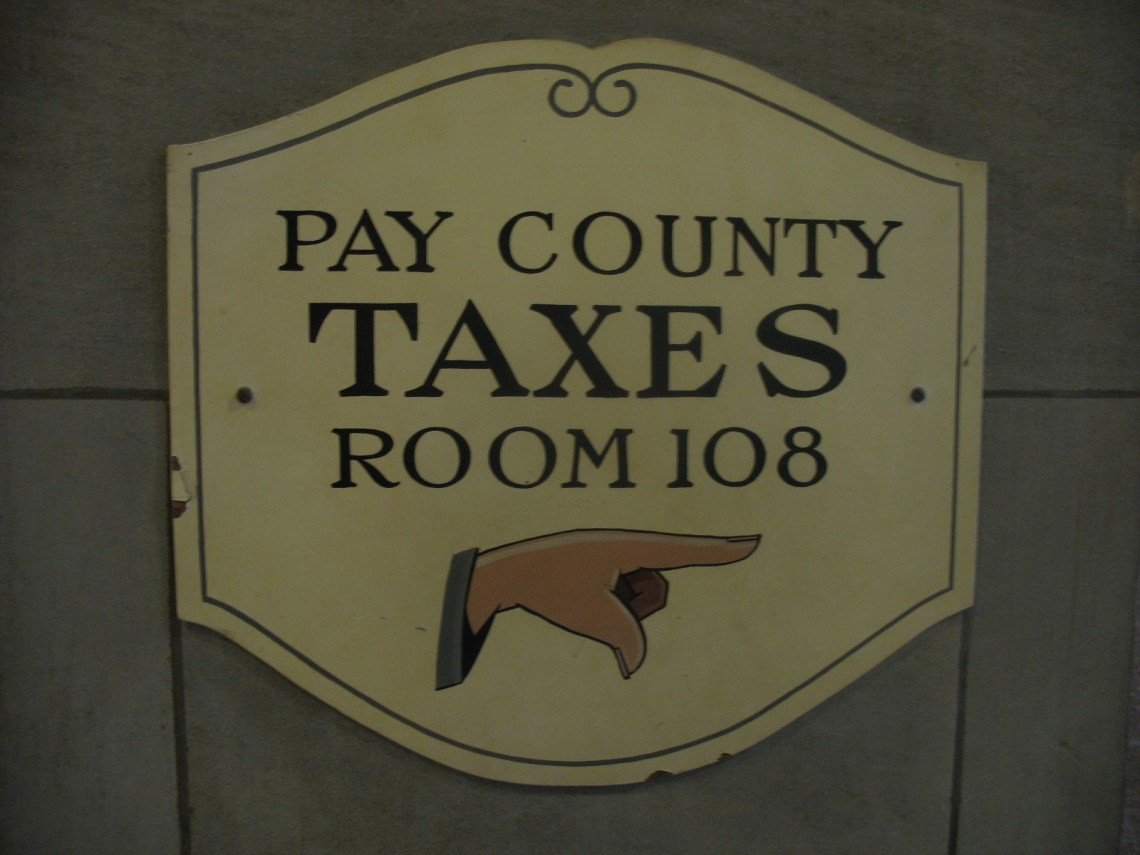
The Dilemma of Non-Uniform Tax Assessments
The only thing certain for Pennsylvanians, at least in 2017, is death and real estate taxes.

This adaptation of a famous quote was attributed to one of our greatest Pennsylvania residents, Benjamin Franklin.
Amid efforts to entirely eliminate real estate taxes, the Pennsylvania Supreme Court just addressed the issue of whether the uniformity clause in the Pennsylvania Constitution permits a School District to focus its assessment appeals solely on commercial properties while foregoing appeals as to single-family residences which may have even lower assessment ratios.
On July 5, 2017, the PA Supreme Court decided unanimously in Valley Forge Towers v. Upper Merion School District that the answer is “no.” Limiting assessment appeals to commercial properties violates the uniformity clause of the Pennsylvania Constitution.
Discrimination against Commercial Properties
The plaintiffs alleged that the Upper Merion School District had a strategy to discriminate against commercial properties as a group by targeting them for administrative appeals while ignoring lower assessment ratios among single-family homes.
They claimed that targeting commercial properties for re-assessment violated Article VIII, Section 1 of the PA Constitution (the Uniformity Clause). That section says: “All taxes shall be uniform, upon the same class of subjects, within the territorial limits of the authority levying the tax, and shall be levied and collected under general laws.”
Taxpayers Entitled to Uniform Treatment
The court acknowledged the longstanding principle that
“a taxpayer is entitled to relief under the Uniformity Clause where his property is assessed at a higher percentage of fair market value than other properties throughout the taxing district.”
Thus, traditionally a taxpayer was able to prove non-uniformity – and thereby have the subject property’s assessment lowered – if he could prove his taxes were higher compared to similarly valued properties.
The School District argued that if plaintiffs’ argument were accepted, it would have to appeal every under-assessed property in the district, which is impossible as a practical matter and, thus, cannot have been what the Legislature intended when it enacted the Assessments Law.
The Supreme Court disagreed:
“…[A] taxing authority is not permitted to implement a program of only appealing the assessments of one sub-classification of properties, where that sub-classification is drawn according to property type – that is, its use as commercial, apartment complex, single-family residential, industrial, or the like.”
“The government must be concerned with ensuring a rough equalization of tax burdens under a structure in which taxes are imposed, adjusted, and collected equitably. Thus, as “every tax is a burden, … it is important that the public has confidence that property taxes are administered in a just and impartial manner, with each taxpayer contributing his or her fair share of the cost of government.”
The Court concluded with this comment: “Our task is limited to enforcing the constitutional boundaries of any such approach, and our holding here is limited to the conclusion that the appeal policy Appellants have
alleged – in terms of its classification of properties by type and/or the residency status of their owners – transgresses those boundaries.”

